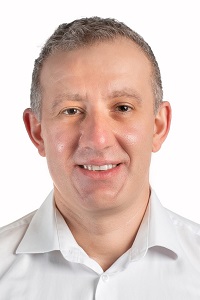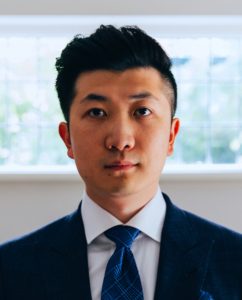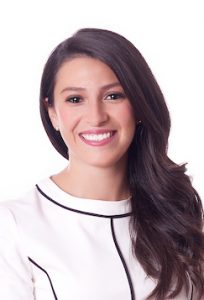Spot Melanoma Early
Book a Skin Check with our Skin Cancer Doctors
Skin Cancer Clinic
Visit our highly qualified Skin Cancer Doctors at Bayside Family Medical for a full body mole assessment to identify any suspicious lesions or causes for concern.
Why Choose our Skin Cancer Clinic?
Providing the best care for our patients is central to our accredited skin cancer clinic. Here’s why you should choose Bayside Family Medical for your next skin cancer check:

Qualified
Our Skin Cancer Doctors have qualified from Australasia’s leading educational bodies.

360 Care

Medical Equipment
What happens in a Skin Check
A skin check is usually a 30-minute appointment during which your Skin Cancer Doctor will undertake a full-body skin examination. Any suspicious moles and lesions will be identified, then photographed using our advanced skin check technology called FotoFinder. A professional assessment and review will then be provided by your Doctor.
Importance of an in-person skin check
Many skin cancer clinics offer ways of having your moles checked from home. Our experts agree that the best possible assessments are done in person with technology to support this. The firmness, elevation or growth of a mole are all indicators to help assess whether it’s a possible melanoma. This is why we recommend a physical examination over a virtual one.
Our Skin Cancer Doctors
Our Doctors have advanced education and qualifications from some of the highest educational institutes and bodies in Skin Cancer and Dermatology.

Dr Kachig Malyan
MBBS, B.Sci(Biomed) Hons, FRACGP, MMed (Skin Cancer)

Dr Peter Cheng
BPharm, MBBS (Hons), FRACGP

Dr Ceylan Yilmaz
MBBS, BMedChem
Book a Skin Check with Bayside Family Medical
Our Bayside Family Medical Skin Cancer Doctors utilize advanced imaging technology to give you peace of mind regarding any moles or skin concerns.
FAQs
What is Skin Cancer?
Skin Cancer is the growth of abnormal cells in the top layer of the skin due to skin damage. This can occur from risk factors including excessive exposure to the sun and ultraviolet (UV) rays.
What types of Skin Cancer is there?
The 3 main types of skin cancer include:
– Basal Cell Carcinoma (BCC)
– Squamous Cell Carcinoma (SCC)
– Melanoma
All types can be treated if captured early with the most dangerous form of skin cancer being Melanoma.
What is a Mole?
Moles are growths on your skin that can also appear in different shades of colour. Moles may produce increased melanin, which is the pigment that givens our skin its colour. Although most moles are harmless, some can be cancerous and the most dangerous of these is Melanoma.
What is a Molecheck?
A molecheck is a full body review of your moles by a Skin Cancer Doctor. They can identify if you have any suspicious lesions that could potentially be cancerous. At Bayside Family Medical, we use Molemapping to help identify skin cancers as early as possible.
What is a Molemapping?
A molemap is when you take photos of moles so that we can assess their growth over time. We use Fotofinder technology that magnifies moles to better observe their deeper structures. These images can be used for future reference at follow-up visits to monitor any skin changes. This technology is designed for early skin cancer detection and is strongly advised for high-risk patients with a personal history or family history of skin cancer.
When should you have a Molecheck?
We recommend you have a molecheck once a year. If we see a suspicious skin lesion, we will either biopsy it or request you come back in 1-3 months to review any changes in the moles that we have initially identified as a potential skin cancer.
What happens if you see a suspicious growth on your skin?
If you see a suspicious mole or lesion on your skin, please visit your GP or Skin Cancer Doctor immediately for a professional review and obtain medical advice.
What is a biopsy?
If your Doctor is concerned about a mole or skin lesion, they may suggest a biopsy to determine whether it is cancerous. This can be performed on-site within our clinic. We will take a small sample of the mole to send it away for detailed pathology testing.
How do you prevent skin cancer?
Many of us may remember the “Slip, Slop, Slap” campaign, which stands for the following:
Slip on protective clothing to cover your skin,
Slop on some sunscreen that protects your skin from UV light,
Slap on a hat to shade your face from UV sunlight
In addition to the above, the Skin Cancer Council recommends seeking shade, avoiding tanning salons and seeking a regular skin cancer checkup from your Doctor.
